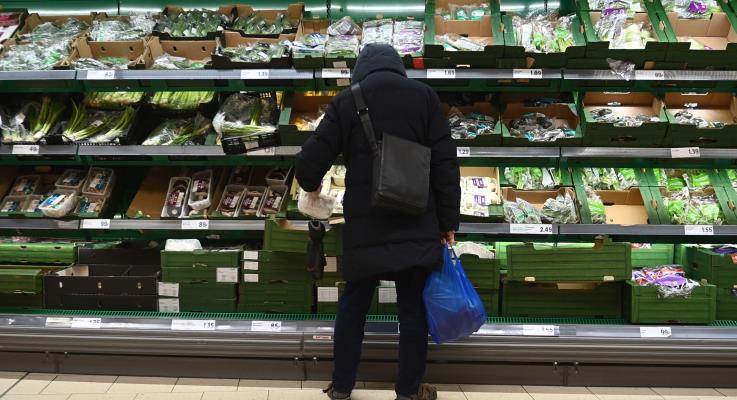The supermarkets association on Monday called the government’s plans for an e-basket of goods a “blunt and brute force” interference in the market, while the Consumer Protection Service was extolling its potential benefits.
In a statement, the supermarkets association (Pasype) said the commerce ministry’s intention to roll out the e-basket “constitutes interference in the free market, which will distort healthy competition, hurting both consumers and businesses – specially small businesses.”
The association noted also the U-turn on the matter on the part the Commission for the Protection of Competition (CPC). Previously, the CPC had been categorically against the e-basket, but during last week’s debate in parliament it reversed its stance “to our great amazement.”
Pasype sardonically referred to the “belated concern for consumers being displayed by some quarters.”
It recalled how for years the association itself was warning of cartel-like behaviour in the retail market, limiting buyers’ options and driving up prices.
Earlier in the day, meanwhile, the Consumer Protection Service (ministry of commerce) put out a statement of its own supporting the rollout of an e-basket.
The service said it conducted a survey of the market, recording the prices of essential goods at five supermarkets per district.
They found that were the e-basket platform available today, “consumers would gain a significant economic benefit, as the platform would indicate the cheapest point of sale in their district.”
The survey showed that in Nicosia district there were 37 “common products” whose total cost ranges from €147 to €160 – a difference of €13.
In Limassol district, they found 40 common products with a total cost ranging from €153 to €174. In Larnaca district they tracked 39 common products with their total cost in the €130 to €157 range. And in Paphos district, the survey found 36 common products whose aggregate cost ranged from €121 to €137.
Recently the cabinet approved the proposal for the e-basket – a digital platform that would list prices of 300 consumer goods in different supermarkets. The idea is that immediate price information will help people find the best deals on goods, with an emphasis on food, baby items and household products.







Click here to change your cookie preferences